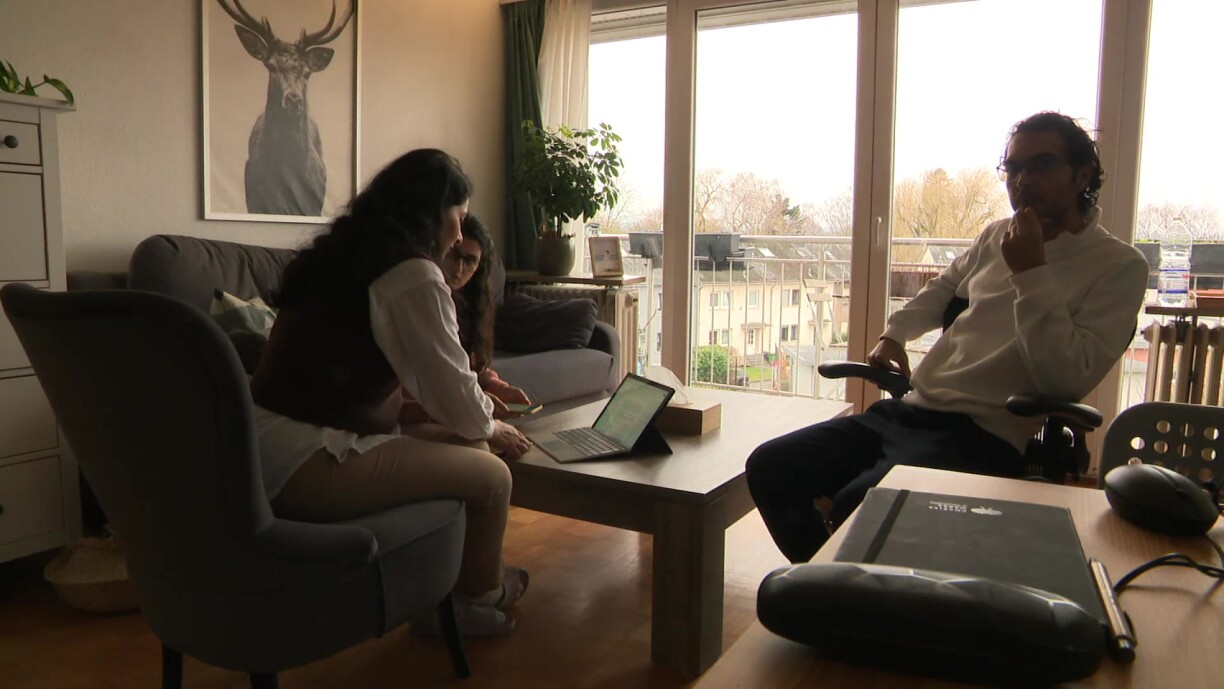
The catastrophic humanitarian situation provides no respite for those who have left the Gaza Strip and still have family members residing there. For them, the current objective is simple: to get their loved ones out of the war zone and bring them to safety. However, they have realised that it is not as easy. Two individuals directly affected by the situation have shared their experiences with us.
Heba Nassar and Ishraq Othman are two women in their 30s who left Gaza to pursue their studies. Heba has been in the Grand Duchy for the past year and works as a financial advisor while Ishraq has been here since 2021 and is currently pursuing a PhD.
Even before the war, life in Gaza was difficult, says Ishraq. Medical care was inadequately provided, and those requiring specialised treatment faced prolonged waiting times to receive permission to exit Gaza through one of the two border crossings. Unfortunately, this led to many patients losing their lives before even receiving the necessary care.
The young woman is particularly concerned about her young sister and nieces, with the eldest being twelve years old. They have already been evacuated seven times due to bombardments. “They don’t have a future, they haven’t even been able to go to school and had to miss education for a whole semester. Our children are smart too, they’re very clever. I believe they deserve a chance at life. They must have the right to their lives”, laments Ishraq.
Both young women hope to be able to get their families out of the war zone.
In November, Heba submitted a request to evacuate her family. The Ministry of Foreign Affairs informed her that she could, at most, request to bring only her parents to Luxembourg. However, even that request was denied after a few days. Heba is particularly concerned about her mother, who is unwell and in need of medication: “Access to medication, healthcare, and education are fundamental rights that every individual should have. My mother needs her medicine! How can I provide those meds for her, while I’m here, in Luxembourg, on a completely different continent. Do I have to watch her die? Is this what you expect from us?”
At the moment, survival is the most important thing for both the women’s families. However, nobody knows if they still have a future in Gaza.